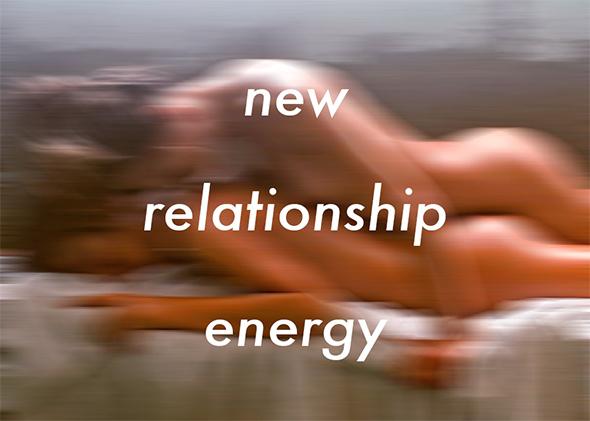You can read about the origins of this series in the first entry. Today, a few more words that poly folks have invented in order to talk with each other about what we’re doing and how we feel about each other.
metamour or metamor
Your partner’s partner, with whom you are not directly involved romantically or sexually.
polycule
A group of people connected by intimate relationship bonds. Polycule is a playful adaptation of molecule, based on a history of people mapping out relationships in a style reminiscent of molecular diagrams. The term may also refer to that type of diagram.
Another similar term is pod. A poly person might use my pod to refer to a group that’s interconnected and spends a lot of time together, sharing group dinners, movie or game nights, and so on.
Team Chimpanzee and Team Bonobo
I’ve noticed this coinage emerging in the last couple of years, and it seems like enough people in poly and poly-friendly circles understand it intuitively the first time they hear it that it may sink into the vocabulary permanently. At a party, if a poly person is flirting with somebody who’s monogamously attached, they might respond, “I play for Team Chimpanzee,” similarly to how a lesbian might tell a guy, “You seem nice, but I play for the other team.”
Bonobos, as you may know, are relatives of both chimpanzees and humans. They are known for their unusual level of sexual promiscuity. Sex seems to be broadly used in bonobo groups to strengthen social ties, or even just to blow off steam when one member is feeling agitated. Chimpanzees, on the other hand, have a somewhat more hierarchical social structure in which a few dominant males may try to restrict access to females. The distinction is, of course, not a perfect match to the differences between monogamous and polyamorous humans, but no analogy is.
I suspect that both “chimp-like” and “bonobo-like” emotional patterns are present at some level in most people. But I understand why some monogamists have difficulty wrapping their heads around the idea of partners who love each other deeply giving consent—enthusiastic consent!—to a non-monogamous relationship. The assumption of exclusivity is culturally pervasive—the myth of The One drives the plot of all kinds of romance stories—and whether it’s because of nature or nurture, many people clearly experience sexual jealousy as overwhelmingly distressing.
compersion
The experience of taking joy in your love’s happiness at finding emotional connection or sexual pleasure with another partner.
This may be the most difficult thing to get across to somebody who is truly, at their core, a monogamist. I’m sure some straight people have difficulty identifying with a gay person’s same-sex attraction, but at least you can recognize that your own opposite-sex partner is attracted to your body type, so clearly your body type can be attractive. Understanding compersion, if you haven’t experienced it, is a larger imaginative leap.
I experience a partner’s sexual involvement with others as, if not always and entirely non-threatening, at least far less so than most monogamists apparently do. The positives of non-monogamy are sufficiently desirable that they outweigh any potential negatives of coping with jealousy. Those positives include, obviously, simply enjoying sexual variety. For me, though, the more important thing is that, although I adore my wife and plan to live with her ’til death us do part, if I’m lucky enough to meet another of those rare people who are right for me, I want the opportunity to let that relationship flourish.
At times, I have felt insecure about a partner starting a new relationship, and I needed to have them make some extra effort to express why they were with me. I’ve felt worried by the possibility that time spent on a new person was going to cut into time otherwise available for me. And yet, there is also a special kind of joy in seeing somebody I love glowing with New Relationship Energy, or just in a good mood because another partner did something nice for them. When you love somebody, you want them to be happy, right?

New Relationship Energy or NRE
The emotional state that overwhelms you when you’ve just started a new relationship and find yourself thinking of the new person constantly, sitting in the office with a goofy grin on your face, and so on. It’s often said in the community that NRE is like a drug—it feels incredibly good, but it’s potentially dangerous, especially if you find yourself chasing the high, always pursuing the next shiny new thing, and neglecting a long-term partner. It’s important, while going through that period of infatuation, to recognize that you are probably not entirely rational. You need to take time to listen to your friends, and especially your existing long-term partner(s). If they see something about your new relationship that seems suspicious or worrisome, take that seriously! Trust them to have your long-term interests at heart. If they didn’t, you wouldn’t have chosen to stay in a long-term relationship with them.
